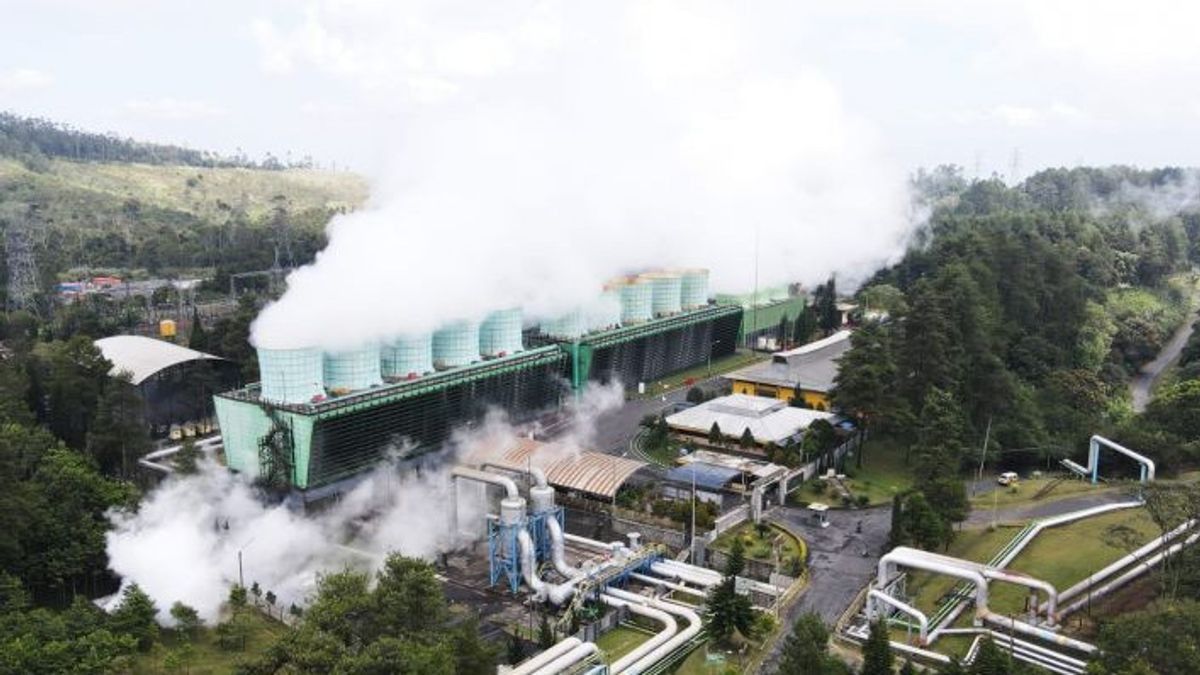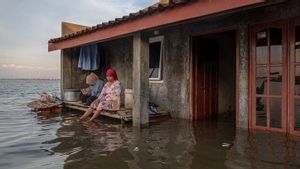JAKARTA - The World Bank has stated that it is ready to support energy transition measures in Indonesia to reduce carbon emissions. These include the development of new and renewable energy such as solar energy, wind, and hydro.
Responding to the World Bank plan, energy economy expert from Gadjah Mada University (UGM) Fahmyani assessed that support from international institutions and developed countries is important for energy transition efforts in developing countries such as Indonesia.
"Because we, Indonesia, have abundant resources but have no technology, have no funds either," said Fahmy, Tuesday, November 15.
Fahmy gave an example, to retire the coal steam power plant (PLTU) early requires funds of around 500 billion US dollars. This, he said, would be difficult if only borne by the state.
"I think developed countries and institutions such as the World Bank, IMF should help create zero carbon," he said.
Fahmy emphasized the importance of the G-20 agenda to remind developed countries and international institutions regarding the Paris Agreement. The agreement includes assistance for climate change mitigation by providing support on aspects of funding, technology, and capacity building in developing countries.
However, said Fahmy, global conditions are not doing well now. So the realization of the commitment will be hampered.
"I think it's the right forum to collect the promise of developed countries and the World Bank, only the problem is that it is currently in a global crisis. Even developed countries have very low economic growth, so it will probably be difficult if they have to spend funds for it, which can be done only that. It must be realistic because now it is still a global crisis," he said.
However, Fahmy assessed, Indonesia must be able to take advantage of the momentum of the G-20 Presidency and the Chairship of ASEAN 2023 to strengthen the Paris Agreement commitment. Fahmy said, Indonesia can garner votes from ASEAN countries and other developing countries such as Brazil to jointly voice climate change mitigation.
"I think it could be like that or strengthen the commitment for them to make it happen. Because without help from developed countries and the World Bank, I think it is impossible for developing countries, including Indonesia, to realize the energy transition," he concluded.
Previously, the readiness of the World Bank to support energy transition measures in Indonesia to reduce carbon emissions was revealed when Managing Director of Operations World Bank Axel van Trotsenburg met with Coordinating Minister for Economic Affairs Airlangga Hartarto on the sidelines of Business 20 Summit in Nusa Dua, Bali, yesterday.
Airlangga said Indonesia is currently developing hydro energy in the North Kalimantan area.
"Later on, the electricity produced will not only be intended to meet Indonesia's needs, but can be sold to Brunei Darussalam and the Philippines," said Airlangga.
The English, Chinese, Japanese, Arabic, and French versions are automatically generated by the AI. So there may still be inaccuracies in translating, please always see Indonesian as our main language. (system supported by DigitalSiber.id)








